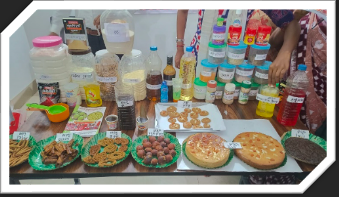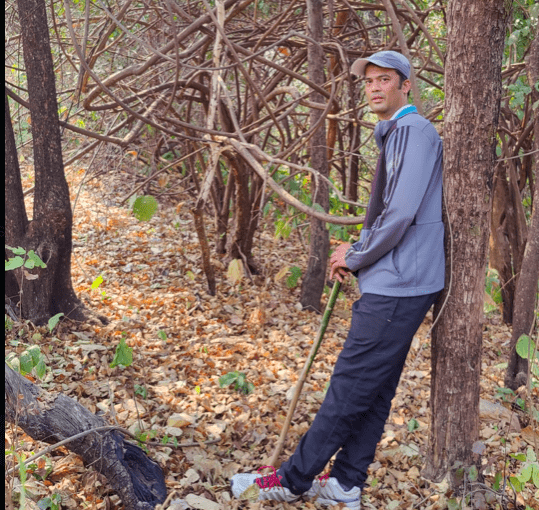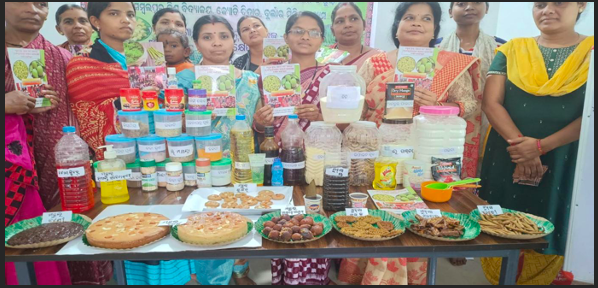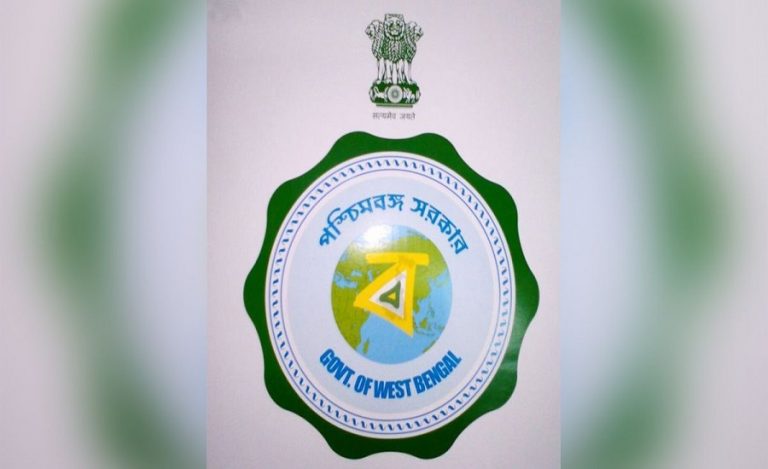Not only the flower, even the bark of Mahua is useful as it is used as a component in certain medicines. Although it is a rich source of nutrition and easily available, the Mahua flower is not very popular as a food item. Only a small quantity of flowers is consumed raw, cooked or fried by some tribes in Odisha. Its popular use, however, is in making a local alcohol called ‘Mahuli’ which is an essential drink for tribal men and women during celebrations.
Mahua is found in plenty in the rural areas of Sambhalpur, Odisha. During the Mahua season, the primary collectors collect the flower, dry these under the sun, and sell the same at very minimal prices (Rs. 15-20 per kg) to middlemen or petty traders, which do not even compensate their labour. On the other hand, consumption of ‘Mahuli’ creates social disorder and also affects their labour capacity.

Taking all this into consideration, DFO Sambalpur, Mr. Vishwanath Neelannavar, took an initiative to provide training in value addition to the labourers so that they can multiply their income by 10-20 times. In conversation with Indian Masterminds, Mr. Neelannavar explained how the value added Mahua flower is being promoted as an alternative livelihood option for the forest dwellers.
TRAINING IN VALUE ADDITION
Till now, the farmers were depended only on paddy cultivation and NTFP (Non-timber forest products) for their livelihood. To add to their income, the DFO took the step to make the value added Mahua flower a livelihood option, so that they get some extra money and are no longer inclined to brew and sell illegal Mahua liquor. This has brought about positive changes too in the form of reduction in crime rates and migration in search of employment.
It has also ensured competitive prices for the flower pickers.
“This was not easy. The first step was to bring the tribals together and give them the training. Discussions were held with experts from Sambalpur University, professors of biotechnology and food science and technology departments, and the SOP was designed and developed into a document, both in Odia and English,” Mr. Neelannavar said.
TRAINING TO FRINGE DWELLERS
In the second phase, the training method was rationalised and it was decided to train the master trainers from the VSS (Vana Surakhya Samitis). These are formed mainly by the people living on the fringes of the forests. The master trainers were trained for three days at the Sambalpur University and then at the range where they were trained along with VSS members.

In the third phase, the training was conducted in the VSS areas, where the women also were imparted detailed training on processing and extraction of Mahua concentrate, and on the preparation of 16 different items for domestic and trading purposes from Mahua, Moringa and mango. The items ranged from cake, cookies, jam, jelly, murku, ice-cream, chatni, RTS, chhiki, achar, laddu, floor cleaner, hand sanitizer, pachak goli, candy, gulab jamun, etc.
TRAINING IN SOCIO ECONOMIC DEVELOPMENT
Thereafter, another massive training programme was carried out at the VSS level, but this time for socioeconomic development of the forest dwellers so that they can focus on product development and quality improvement.
With this knowledge, they refined their products and incorporated modern trends which helped in marketing support. As the quality and uniqueness of their products gained recognition, the demand for their items grew steadily. The SHGs ensured timely production, maintaining a balance between quality and quantity.

“Marketing executives were engaged in the district level to raise the awareness of new products, brands and services. They coordinate with the SHGs, VSS, and the market. Shop owners have shown keen interest in the products,” said Mr. Neelannavar.
The earlier valuation of the flower was around Rs. 15-20 per kg. But, after the value addition, VSS members are getting around Rs. 190-200. The officer also mentioned that this is the first year of production and they are now going to open a training cum sale centre.
As for the local Mahuli alcohol, he said that even elephants drink it if they come across it, and then they become a danger to life and property. Hence, the forest department has started conducting regular joint raids with police and excise personnel to bust the Mahuli brewing dens.


















